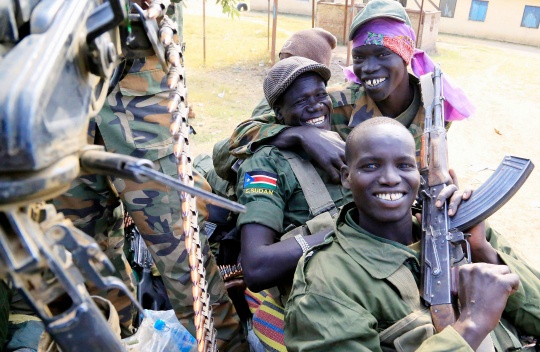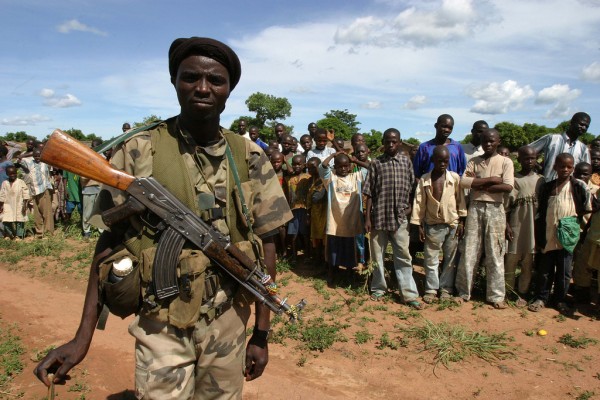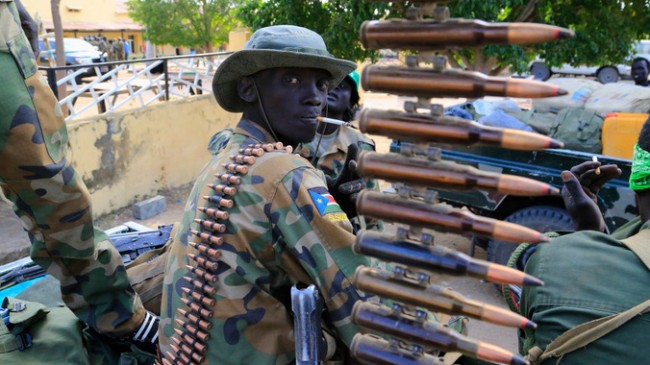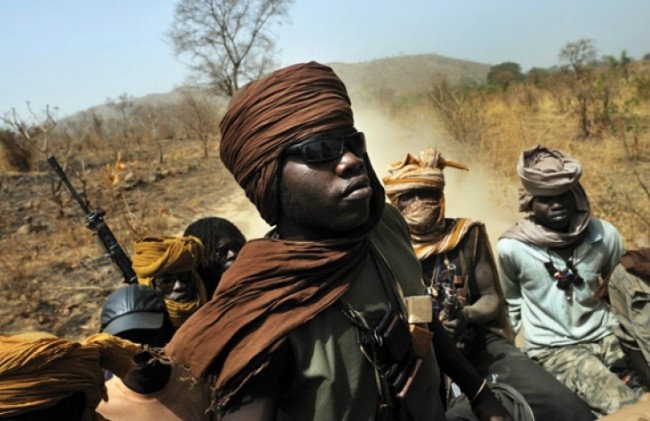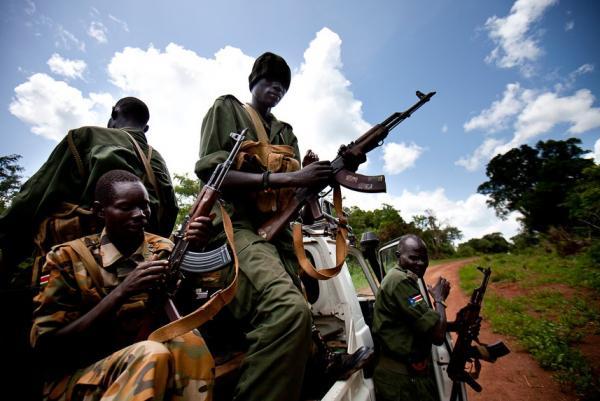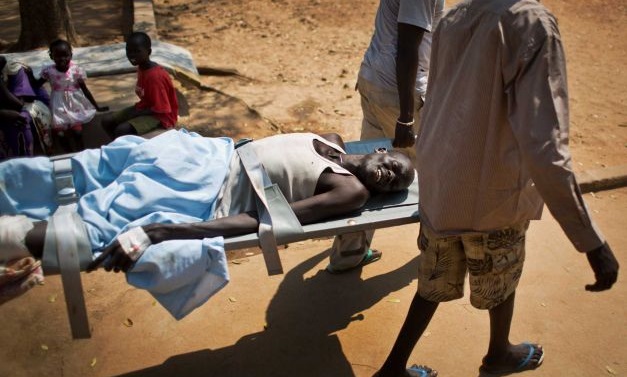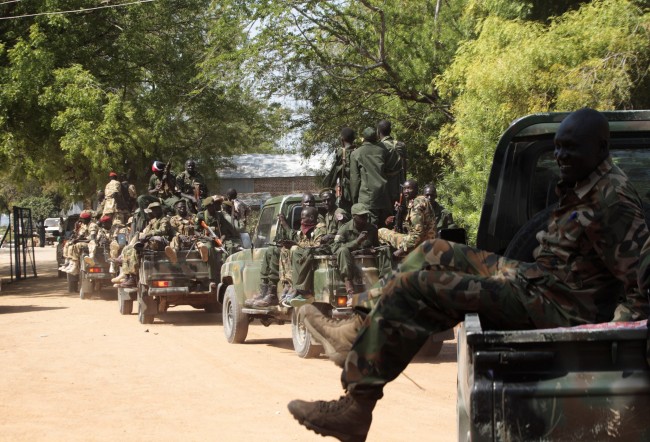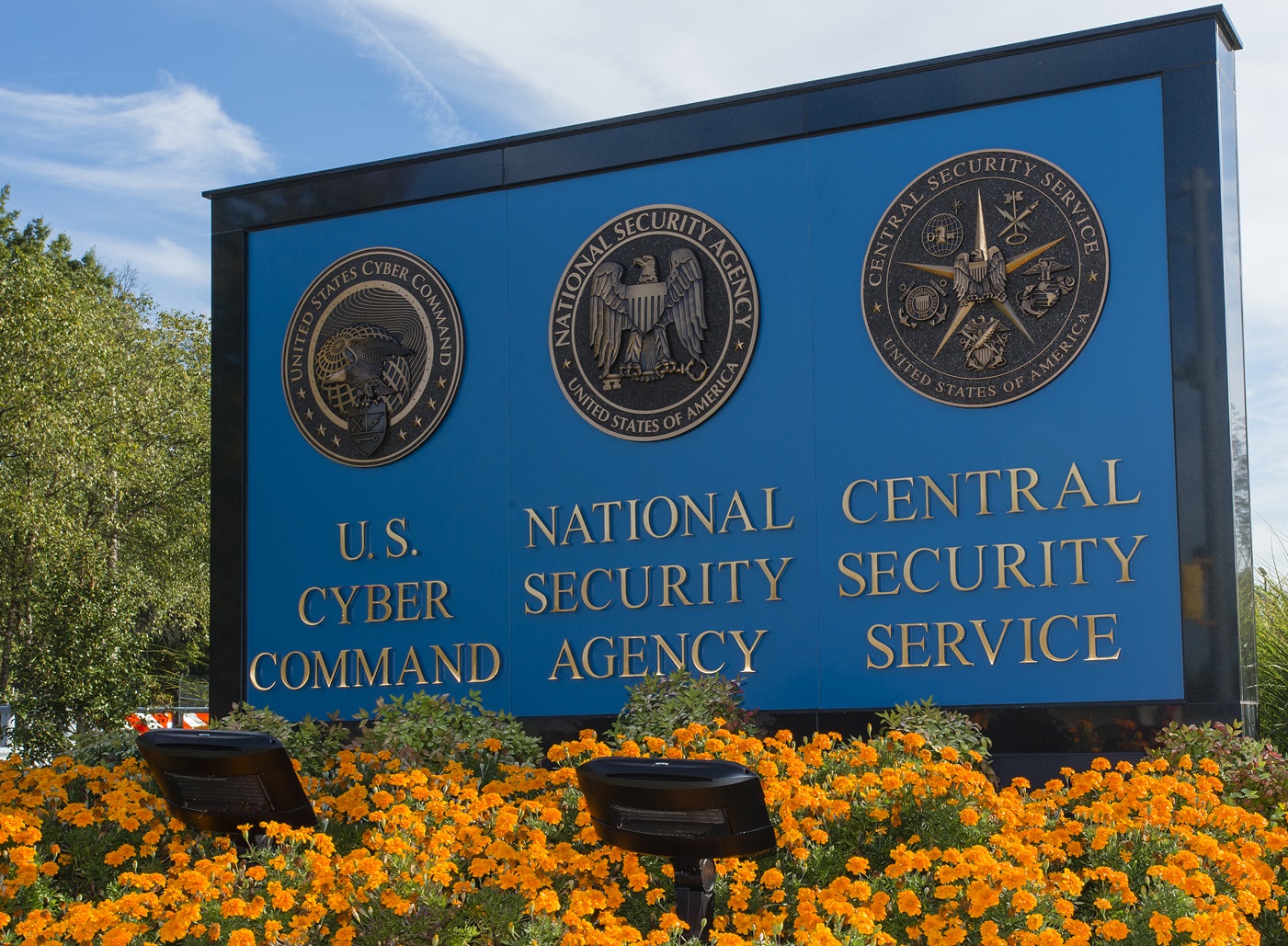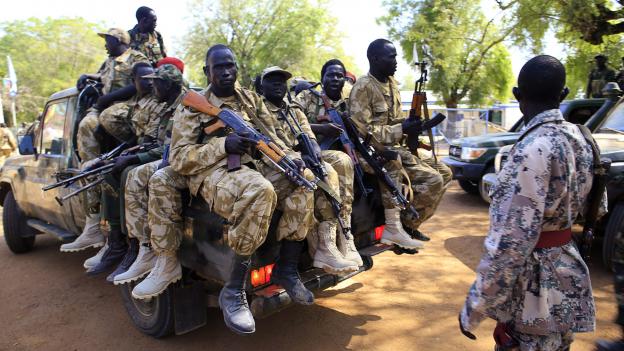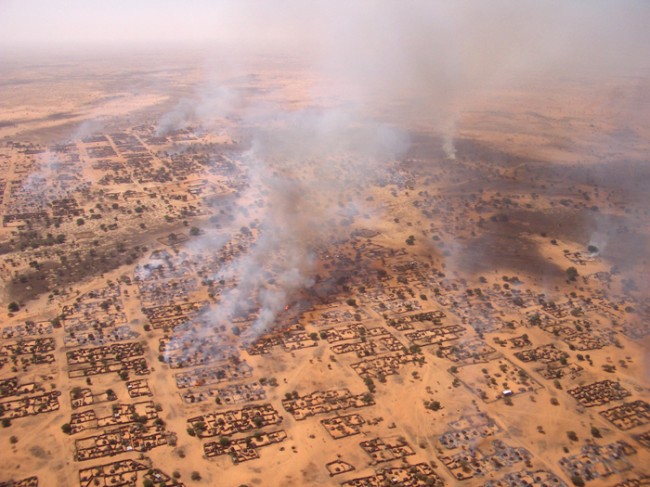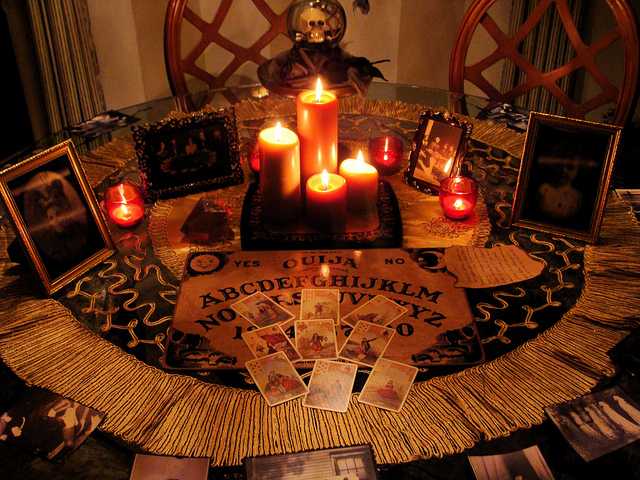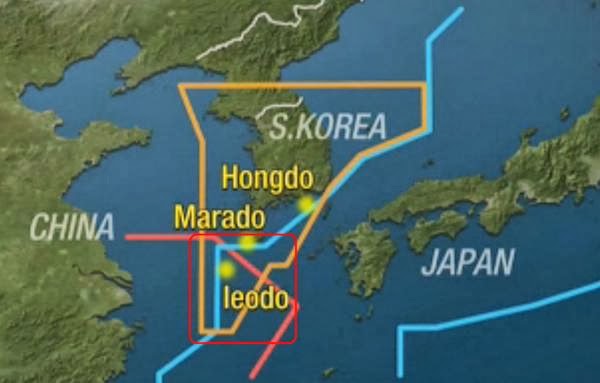Rebels in South Sudan are forcibly recruiting civilians in preparation for a march on Juba after a skirmish in Mangala, just 18 miles (30 kilometers) from the national capital.
Army spokesman colonel Philip Aguer made statements Thursday describing rebels, who had taken over Bor Tuesday, now forcibly recruiting civilians for this purpose:
“Juba, that is their intention. They are trying to march to Juba. The (SPLA) will return them to where they came from.”
General Hoth Mai commented in an interview Thursday that a skirmish had taken place near Mangala, halfway between Bor and Juba, and that one soldier was killed in the fight, but Mai denied that this skirmish was part of a rebel movement towards Juba, and reassured Juba residents that they should not panic. The SPLA still holds Mangala.
Mangala had been the site of earlier skirmishes December 23 when, after vowing to retake Bor from the rebels, the SPLA were defeated between Juba and Mangala and forced to retreat back to Juba, according to All Africa and the Sudan Tribune. Mangala was later retaken by the government, as was Bor, before the rebels conquered Bor Tuesday.
Bor, capital Jonglei State, has been in the hands of rebels under defected commander Peter Gadet since Tuesday. The governor of Bor now resides in Juba. This government has dismissed all officials suspected of loyalty to Machar. The dismissal was read on state TV, but did not announce replacements for the offices.
Bor will be the site of another battle soon, according to the SPLA. Although peace talks are upcoming, the government will continue to battle rebels in Bor because Bor is seen by the government in Juba as currently posing a threat to Juba.
SPLA leaders said that the SPLA was currently advancing toward Bor, noting that, “Of course, we don’t have yet a ceasefire,” and also noting that the rebels are in Bor because they want to come to Juba.
The fighting in Bor January 1 was a concern to those who seek peace in South Sudan. A deadline–the end of the year–for cessation of hostilities had been demanded of Machar by the East African trade union. After rebels took Bor, Machar was notified that threatened intervention by the Ugandan government and army would be activated if rebels proceeded beyond Bor.
Elsewhere in South Sudan, battles and changes of hands have taken place.
Malakal, capital of Unity State, which was partially taken by rebels December 24, has been fully regained by the government, including Malakal Airport which is now open. The governor of Malakal has returned to the town and has called on civil servants and civilians to resume work. The sector commander and the SPLA stationed in Malakal have assured citizens that the citizens are being protected and have urged citizens to refrain from ethnic aggression.
The UNMISS camp previously located just outside Malakal, which had housed refugees since the December 24 fighting broke out has been found insufficient. The site had often been in the crossfire of opposing forces and defeated combattants often sought refuge in the camp, scaring non-participant civilians. Because of the large population in the camp, which was protected by a perimeter of Indian Battalion guards, some people had to sleep outside. The refugees were moved into the UNMISS compound in Malakal. The compound was divided into four sections to host the refugees.
Mayom County in Unity State had been claimed by the government as retaken. Such statements were made by SPLA spokespeople on Miraya FM radio and other outlets. But rebels in Unity State have denied that Mayom has been retaken by the SPLA.
Bentiu, the capital of Unity State, which is held by rebels, has not been commented on by the government since the army stated that it was only “a matter of time before the SPLA restores law and order in the state.”
A rebel spokesman stated that the rebels had forced the SPLA back to neighboring Warrap State after a Wednesday battle.
Authorities in Unity State have stated that most Unity State counties are in the hands of Machar-loyal forces, including Rubkona, Koch, Guit, Leer, Panyijar, Mayendit, Mayom, and Bentiu. According to the statement, Abiemnom, Pariang, and part of Mayom remain under the government’s control.
Due to the recent weeks of fighting, New Years in South Sudan proceeded in various ways.
New Years celebrations in some locations were cancelled due to security concerns or solidarity gestures.
The Archbishop of Wau gave a New Year’s speech, stating, ““We need to be realistic and shun what divide our nation , rumour of tribal divisions need to be stopped, especially among you as Christians, you came from different ethnic background and tribes but you are now united under one tribe of Christianity, therefore, a good Christian work for peace, unity and prosperous of his or her nation.”
Peace talks are now scheduled to start Thursday evening in Addis Abada, Ethiopia, overseen by IGAD.
A ceasefire was reported by media after IGAD issued a statement to this effect, but at that time neither side had actually committed to any ceasefire. Both sides have voiced their hopes for a ceasefire, however, and ceasefire is the primary purpose of the conference in Ethiopia.
According the government of South Sudan, the government delegation to Addis Ababa includes former Minister of Foreign Affairs Hon. Nhial Deng Nhial, SPLM-DC leader Dr. Lam Akol, Minister of Health Dr. Riek Gai, deputy Minister of Foreign Affairs & International relations Hon. Peter Beshir Gbendi, Minister of Information & Broadcasting Hon. Michael Makuei Leuth, Justice Ambrose Thiik, Amb. John Andruga, former Minister of Humanitarian Affairs James Kok, Director of External Security Douth Guet, Governor of Northern Bahr el Gazal state Paul Malong, Joseph Ukel (United South Sudan African Party) & Akol Kor (SPLM Youth League).
Machar’s includes Hussein Mar Nyout. The team had been reported to include the widow of John Garang, Rebecca Nyandeng Garang. However, Rebecca Garang has declined to participate, saying that she advocated SPLM reforms, not conflict.
The U.S. and UN have repeatedly called for peace.
U.S. spokespeople have stated that the U.S. will not support any force that takes power through violence.
Uganda’s President Museveni has threatened the rebels in South Sudan with intervention if the rebels do not cease. Uganda’s parliament recently demanded an explanation from Museveni for deploying troops to South Sudan without parliamentary authorization–necessary according to the Ugandan constitution (article 210).
International observers as well as South Sudanese are concerned that the conflict will evolve into a civil war, matching Dinka and Nuer tribes against each other. The politicians involved have stated that their differences are political, not ethnic, but there have been reports of tribal killings during the violent turmoil. There have also been reports of inter-tribal neighborliness and help.
War crimes by SPLA are being investigated by a special committee formed for this purpose by the SPLA, and the government of South Sudan has captured and will continue to capture criminals who have been “utilizing the situation to loot innocent people,” according to government spokespeople.
Civil violence broke out in South Sudan December 20 when President Kiir and former Vice President Machar accused each other of political underhandedness. Since that time Machar has been calling for the end of Kiir’s presidency, and Kiir has been attempting to control the rebel forces that have sprung up spontaneously across South Sudan. The conflict quickly spread to half of South Sudan’s 10 states.
The current numbers of displaced persons is 204 000, according to the UN. Aid organizations currently taking care of 67 500 of these people are asking for more supplies. $209 million is being requested to provide aid for the next three months. About half of the refugees are camped out in Juba. Malakal, Bentiu and Bor also host large refugee populations. The primary concern currently is the rising risk of disease. 10 000 people have fled to neighboring countries.
Oxfam announced Thursday that it has deployed a rapid response team to support the delivery of water, sanitation, and health in Awerial in Lakes State. Aid agencies in Awerial had declared a humanitarian crisis regarding medicine.
UN officials warned that the number of displaced could double to 400 000 in a few days if peace talks fail.
1000 people have died as a result of the conflict.
States of emergency were declared Wednesday in the two states controlled by rebels, Unity State and Jonglei, where South Sudan rebels are plotting toward an attack on the national capital, Juba.
By Day Blakely Donaldson
Sources:
Land and Sea Journal
ABC News
Milbur
All Africa
All Africa
USA Today
Radio Miraya
Radio Tamazuj
Voice of Africa
Gurtong
Gurtong
Gurtong
